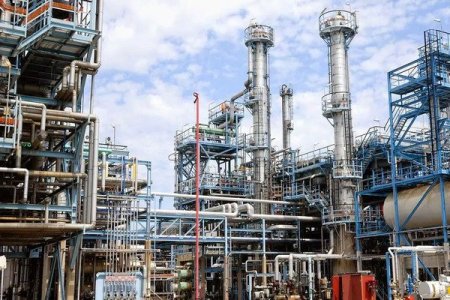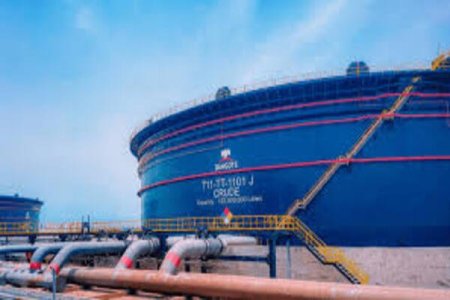
PETROAN has raised concerns about the ₦75 per litre price difference between petrol from the Port Harcourt Refinery and Dangote Refinery. While Dangote sells at ₦970, NNPCL's price is ₦1,045. This pricing disparity has sparked discussions, with NNPCL promising to address it to benefit consumers and marketers.
The Petroleum Products Retail Outlets Owners Association of Nigeria (PETROAN) has raised an issue regarding the pricing of petrol produced by the newly revived Port Harcourt Refinery. According to PETROAN’s Public Relations Officer, Dr. Joseph Obele, the price of Premium Motor Spirit (PMS) from the refinery is ₦75 per litre higher than that from Dangote Refinery.
The Port Harcourt Refinery, which resumed operations this week with a production capacity of 60,000 barrels per day, is a significant step towards reducing Nigeria's reliance on imported fuel. However, PETROAN has expressed concern over the price disparity between petrol supplied by the Nigerian National Petroleum Company Limited (NNPCL) and Dangote Refinery. While Dangote Refinery sells petrol to marketers at ₦970 per litre, NNPCL sells it at ₦1,045 per litre. This ₦75 price difference has raised concerns about its impact on business profitability, particularly in a competitive market.
Dr. Obele, a former chairman of the Independent Petroleum Marketers Association of Nigeria (IPMAN) at the Port Harcourt Deport, acknowledged the positive impact of the refinery's reopening, but emphasized the need to address the pricing issue. He highlighted the challenges that such a price differential could create for marketers and consumers, given the importance of competitive pricing in the sector.
NNPCL’s CEO, Mele Kyari, has promised to address the price gap and harmonize the costs to mitigate its effects. Despite the pricing concerns, the reopening of the Port Harcourt Refinery is seen as a critical move towards boosting local production and reducing dependence on imported petroleum products, a long-term goal for the Nigerian government.
This development comes at a time when stakeholders in Nigeria’s petroleum industry are urging continued reforms to stabilize the sector and ensure sustainable growth.




![Today's Naira Rate[26-11-2024]: Naira Hits N1752 Against the Dollar in Black Market](/data/attachments/210/210694-876ea261d3417375131fa527c657f455.jpg?hash=PERHMQHP25)
